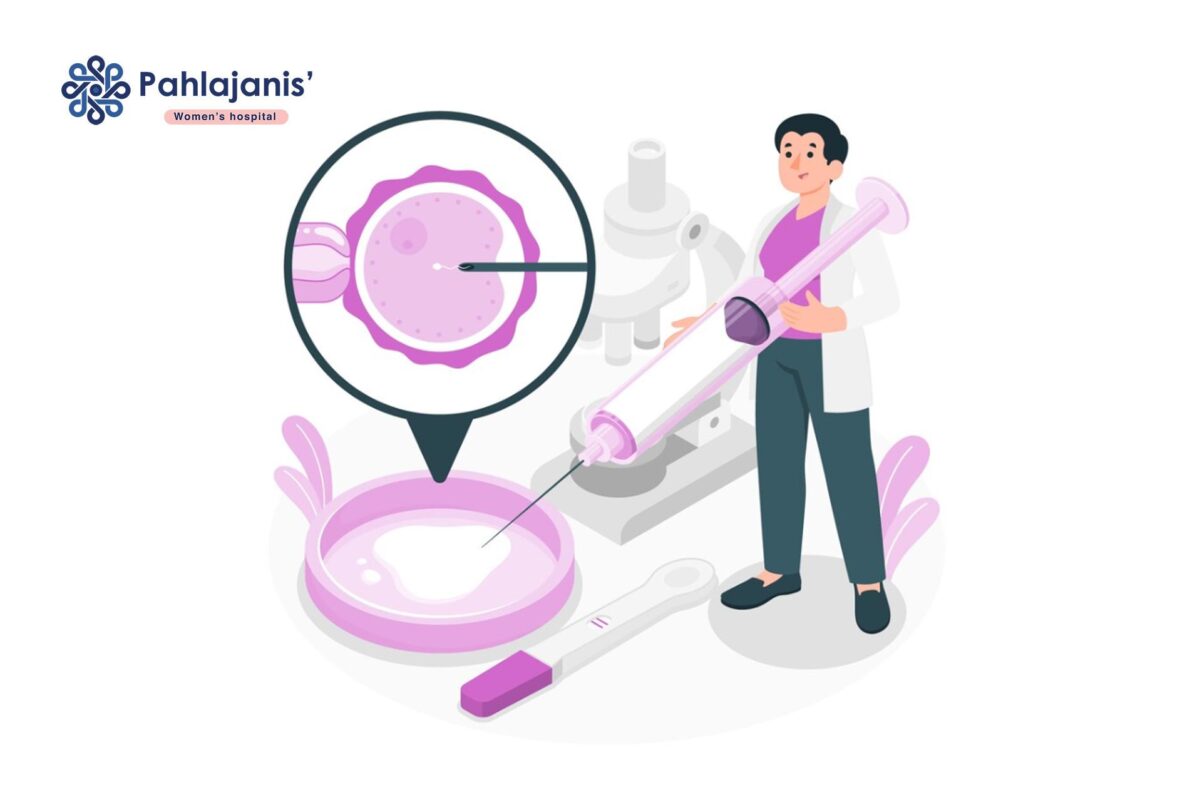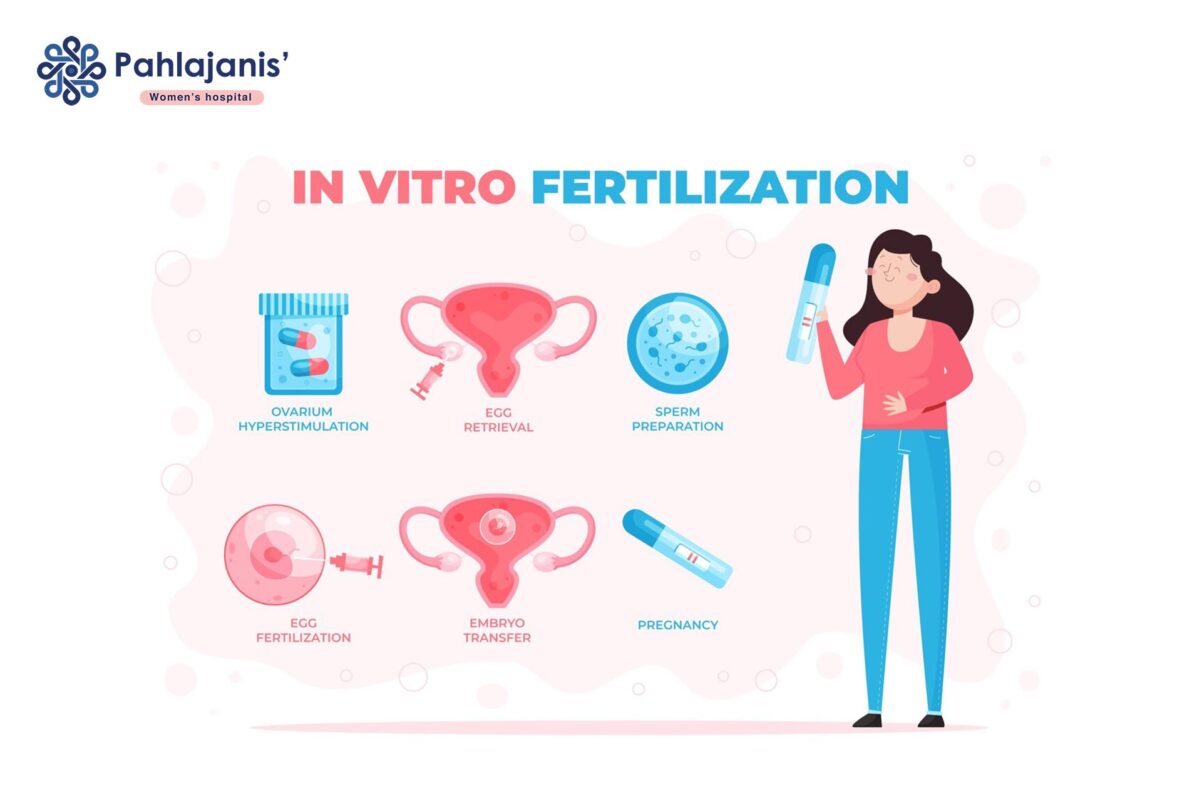While infertility is often discussed in the context of female reproductive health, male infertility is a significant concern affecting couples worldwide. Understanding the causes, diagnosis, and treatment options for male infertility is essential for those facing challenges in conceiving. In this comprehensive blog, we will explore the various issues related to Male Fertility Doctor Near Me and the solutions available at renowned institutions like Pahlajani’s Hospital.
What is Male Infertility:
Male infertility is a condition in which a man’s reproductive system is unable to contribute to conception. It can result from a variety of factors, including problems with sperm production, sperm quality, or the delivery of sperm.
Common Causes of Male Infertility:
Low Sperm Count (Oligospermia): This is one of the most common causes of male infertility. Low sperm count reduces the chances of sperm successfully fertilizing an egg.
Poor Sperm Motility: Sperm must have adequate motility (movement) to reach and penetrate the egg. Reduced motility can hinder fertilization.
Abnormal Sperm Morphology: Sperm with irregular shapes or structural abnormalities may have difficulty fertilizing an egg.
Ejaculation Issues: Conditions like retrograde ejaculation (where semen enters the bladder instead of being ejaculated) can affect fertility.
Varicocele: Enlarged veins within the scrotum (varicocele) can raise the temperature in the testicles, impacting sperm production and quality.
Hormonal Imbalances: Imbalances in hormones crucial for sperm production, such as testosterone, can lead to infertility.
Genetic Factors: Genetic conditions like Klinefelter syndrome or Y-chromosome microdeletions can impact fertility.
Diagnosing Male Infertility:
Diagnosing male infertility typically involves a thorough evaluation by a fertility specialist. The following steps are commonly taken:
Medical History: A detailed medical history helps identify potential causes, such as previous injuries, surgeries, or medical conditions.
Physical Examination: A physical exam may reveal physical abnormalities or signs of hormonal imbalances.
Semen Analysis: A semen analysis assesses sperm count, motility, morphology, and other parameters crucial for fertility.
Hormonal Testing: Blood tests can determine hormone levels and identify any imbalances affecting sperm production.
Imaging: Ultrasound or other imaging tests may be used to examine the reproductive organs for structural issues.
Treatment Options for Male Infertility:
The appropriate treatment for male infertility depends on the underlying cause. Some common approaches include:
Lifestyle Changes: Adopting a healthy lifestyle by quitting smoking, reducing alcohol intake, and maintaining a balanced diet can improve sperm quality.
Medications: Hormone therapies or medications may be prescribed to address hormonal imbalances or increase sperm production.
Surgical Interventions: Surgical procedures can correct anatomical issues, such as varicoceles, or retrieve sperm directly from the testicles for use in assisted reproductive techniques.
Assisted Reproductive Techniques (ART): ART options like Intrauterine Insemination (IUI) or In Vitro Fertilization (IVF) can be used to overcome male infertility. During these procedures, sperm is prepared and introduced to the female partner’s reproductive tract or eggs in the laboratory.
Lifestyle Factors and Male Infertility:
Several lifestyle factors can significantly impact male fertility. It’s essential to address these factors to improve the chances of conception:
Diet and Nutrition: A balanced diet rich in antioxidants, vitamins, and minerals can positively influence sperm health.
Physical Activity: Regular exercise can help maintain a healthy body weight and reduce the risk of fertility issues.
Stress Management: High stress levels can negatively affect fertility. Relaxation techniques and stress reduction strategies can be beneficial.
Environmental Exposures: Exposure to toxins and chemicals in the environment can harm sperm production. Minimizing exposure is crucial.
Male infertility is a complex issue with various potential causes. However, advancements in medical science and fertility treatments offer hope to couples facing these challenges. Pahlajani’s Hospital, a renowned institution specializing in reproductive medicine, provides comprehensive diagnostic services and personalized treatment plans to address male infertility issues. If you or your partner are struggling with male infertility & looking for Male Fertility Doctor Near Me and exploring the available solutions can pave the way to realizing your dream of parenthood. Remember, you are not alone in this journey, and professional support is available to help you overcome male infertility and build your family.









